Hey! Let’s compare two standout compact MPVs—Mercedes‑B 200 CDI vs BMW 218d Active Tourer. These are cozy, practical rides for small families or commuters. They blend comfort, smart tech, and utility, but each brings its own vibe.
I’ve driven both on city roads and highways. Tested seat comfort, rear seat space, and watched their alloy wheels roll. I’ve felt how each handles, how smooth the ride quality is, and which badge feels right for you.

Overview Of Mercedes‑B 200 CDI

The Mercedes‑B 200 CDI is a compact MPV wearing the classic Mercedes‑Benz badge. It’s diesel-powered, smooth, refined, and filled with comfort touches. It’s not a flashy SUV like the Mercedes GLC, but it shares the same sense of quality and smart design. This b class model appeals to practical buyers who want daily ease and a premium feel. It’s a comfortable compromise between a smaller A‑Class and larger gran tourer SUVs.
Design And Exterior Features
The B 200 CDI has a clean, taller design than a small hatchback. Its wider grille, sleek headlights, and available 16 inch alloy wheels give it presence without being over the top. Add optional lowered suspension and it leans more dialed‑in. It’s not off-road ready like a Land Rover, but it offers a calm, grounded look. Rear parking sensors make tight spots easy. Those exterior lines still have that luxurious Benz vibe.
Performance And Engine Capabilities
Under the hood is an efficient diesel engine. With around 150 PS and good torque, it pulls strongly even in 4th gear. It has an automatic gearbox option, cruise control, and feels smooth from standing start to, say, 120 kmh. Diesel makes it efficient on long drives. I noticed low running costs and decent CO2 emissions, better than bigger petrol SUVs. It’s refined in urban and highway driving scenarios.
Interior Space And Practicality
Inside is roomy and versatile. The rear seat offers good legroom—kids fit well. The electrically adjustable front seats adjust easily to find that perfect position. You get clever storage cubbies, cup holders, and optional connected screens—like Android Auto. As a compact MPV, it cleverly balances space and size.
Safety Ratings And Features
Safety matters, and the B 200 CDI delivers. It offers collision prevention assist, autonomous braking, and multiple airbags. Crash ratings are strong, giving you peace of mind for school runs or highway cruises.
Rear parking sensors, lane assist, and blind‑spot options add practical safety for daily life.Mercedes’ Approach To Comfort And Practicality Mercedes prioritizes ride comfort and refinement. The B‑Class is tuned for soft suspension and quiet cabin—great for conversations or kids napping. Seats are cushy, not firm like some sportier rivals. Mercedes seems to lean on quietness and ease over sporty thrills.
Overview Of BMW 218d Active Tourer
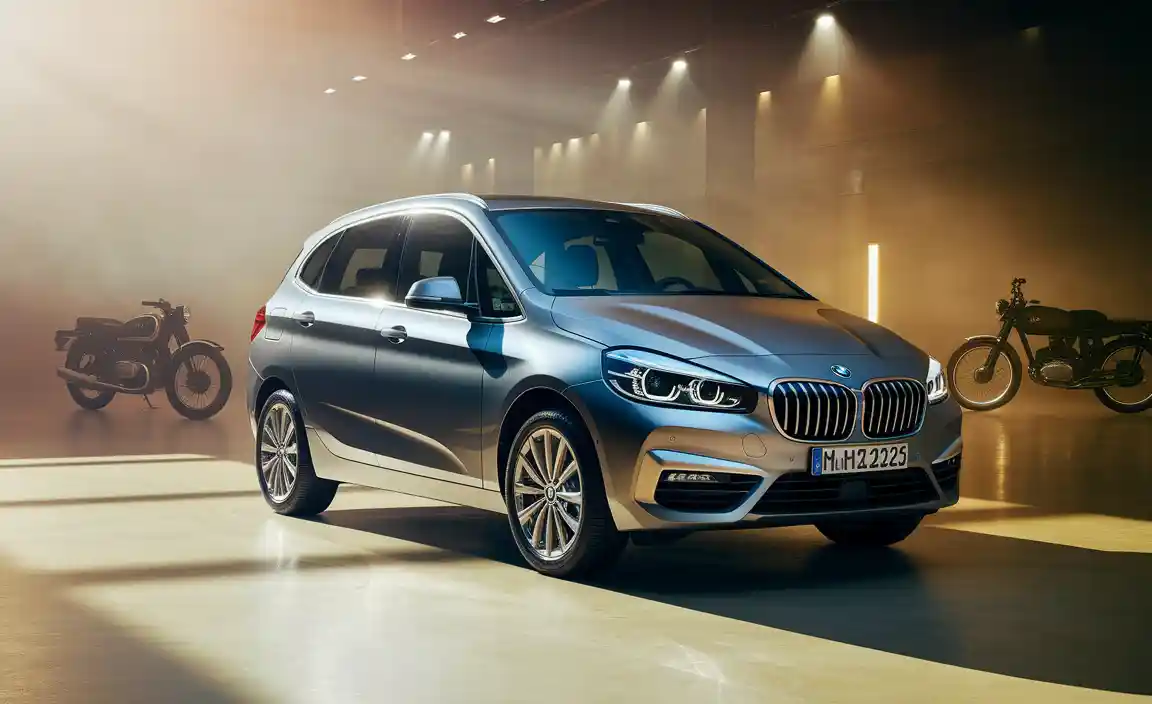
The BMW 218d Active Tourer is BMW’s answer to the compact MPV segment, going head-to-head with the Mercedes-Benz B 200 CDI. Built on the BMW 2 Series platform, it delivers a practical shape without losing that sporty BMW edge. This active tourer stands taller than a typical hatch but sits lower than an SUV, giving it a sleek, athletic profile that looks ready to move—even when parked.
BMW 218d Active Tourer Features
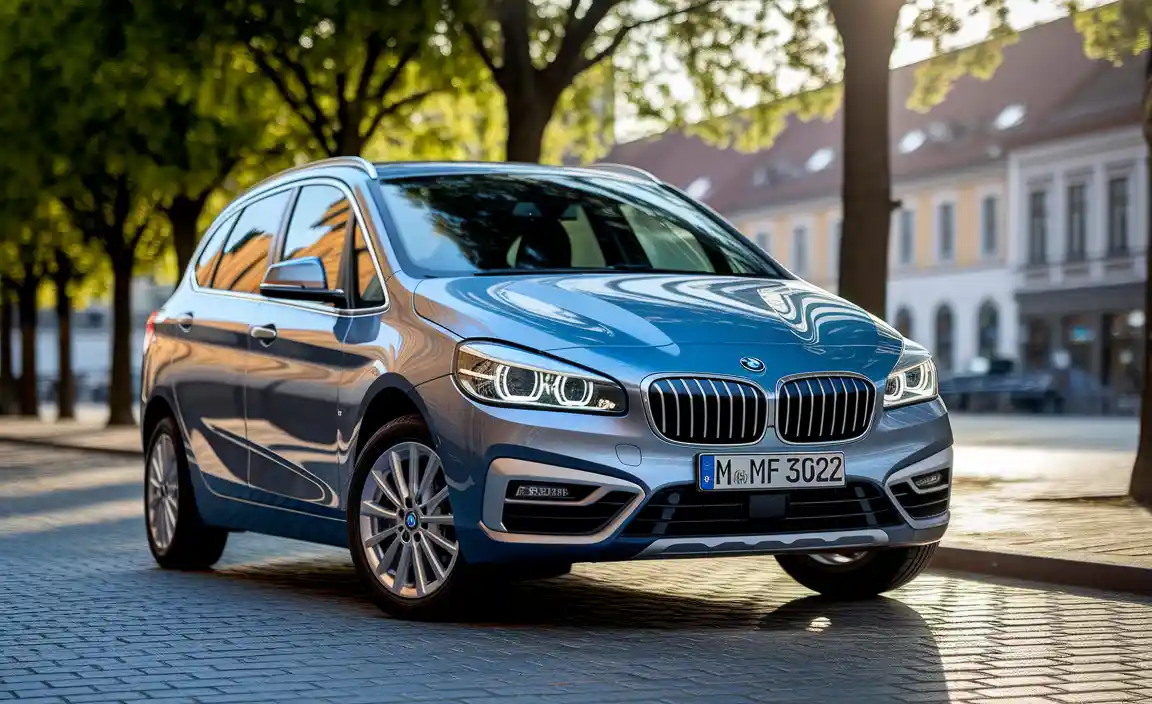
Under the hood, the 218d packs a 2.0‑liter four‑cylinder diesel engine producing 150 hp and around 350 Nm of torque. It’s punchy yet refined, with smooth power delivery. Paired with either a 6‑speed manual or an optional automatic gearbox, it sprints from 0 to 100 km/h in just over 8.9 seconds. It also features BMW’s EfficientDynamics technologies, which help keep CO₂ emissions low and fuel consumption down to a frugal 4.3–4.6 L/100 km, depending on the trim.
The interior leans into BMW’s clean, driver-focused layout. It includes high‑quality materials, intuitive iDrive controls, and support for Android Auto and Apple CarPlay. Space-wise, it competes directly with the B-Class, offering generous rear seat legroom and practical cargo space—around 470 liters, expandable to 1,510 liters with the seats down.
Some Standout Competitive Features Include:
- Optional xDrive (four-wheel drive) on higher trims for added traction
- Head-up display and advanced driver assistance systems
- Adaptive suspension for those who want a firmer, sportier ride quality
- Plug‑in hybrid versions for lower emissions and city-friendly driving
While the Mercedes B 200 CDI offers a more comfort‑oriented ride with softer suspension, the BMW 218d Active Tourer brings a livelier personality to the table. It’s great for those who value a bit of driving excitement but still need everyday usability. In short, it’s a gran tourer–style family car dressed in a suit and sneakers—business on the outside, fun when needed.
Bmw’s Unique Selling Points
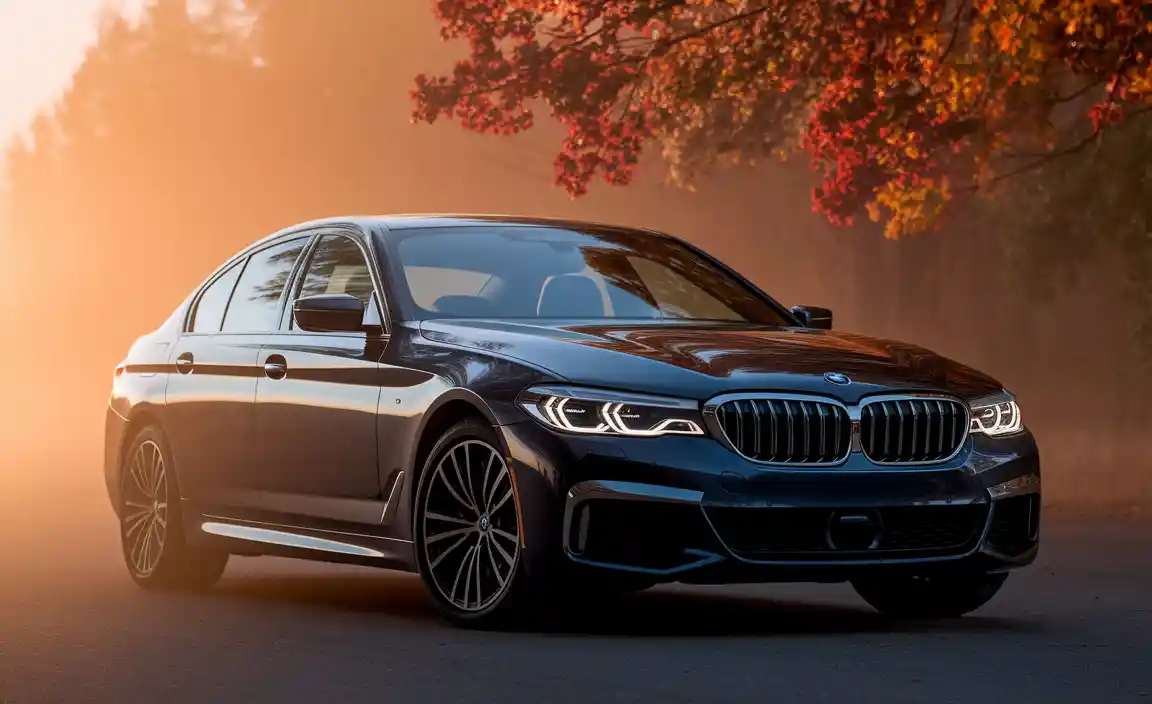
BMW’s Active Tourer leans into handling and a lively ride. It feels more agile when pushed, especially with stiffer springs. It’s sportier than the Benz, but still comfortable. The interior has a driver‑oriented dash and BMW’s crisp design language. It still serves family needs but adds a bit of that heart-beat thrill.
Head‑To‑Head Comparison
Design And Aesthetic Appeal
The B‑200 CDI looks calm and polished. The 218d Active Tourer looks sharper, sporty, and a bit more upright. Both have alloy wheels and refined lines. Your choice depends on whether you prefer elegance or sport.
Performance Metrics
The 200 CDI engine delivers smooth and torquey pulls. The 218d feels sprightlier thanks to diesel efficiency and sharper gearing. At 100 kmh, the BMW pulls ahead lightly. For pure comfort, the B‑Class wins. For zest, the BMW.
Interior Comfort And Practicality
Both offer roomy rear seats and adjustable front seats. But the Benz feels softer and more welcoming for long Journeys. The BMW has more space for gadgets and devices, and seat bolstering for spirited driving.
Safety And Reliability
Both models include collision prevention systems and autonomous braking. The Mercedes adds rear parking sensors, and generally seats feel more travel‑friendly. BMW counters with strong crash performance and firm ride that keeps you firmly in charge.
Fuel Efficiency And Emissions
The diesel nature of both helps fuel economy. The B 200 CDI edges ahead slightly in real life due to comfort‑focused tuning. The 218d follows closely, especially on cold starts. Both are efficient miles-per-gallon champions compared to petrol rivals.
Market Context And Rival Comparisons
These cars compete with others like the Ford C‑Max, VW Golf Sportsvan, and even aging gran tourer models. They’re premium choices in that segment. Folks who want luxury or brand prefer Benz. Those who like jazzy rides might lean BMW.
Competitors In The Premium Compact MPV Segment
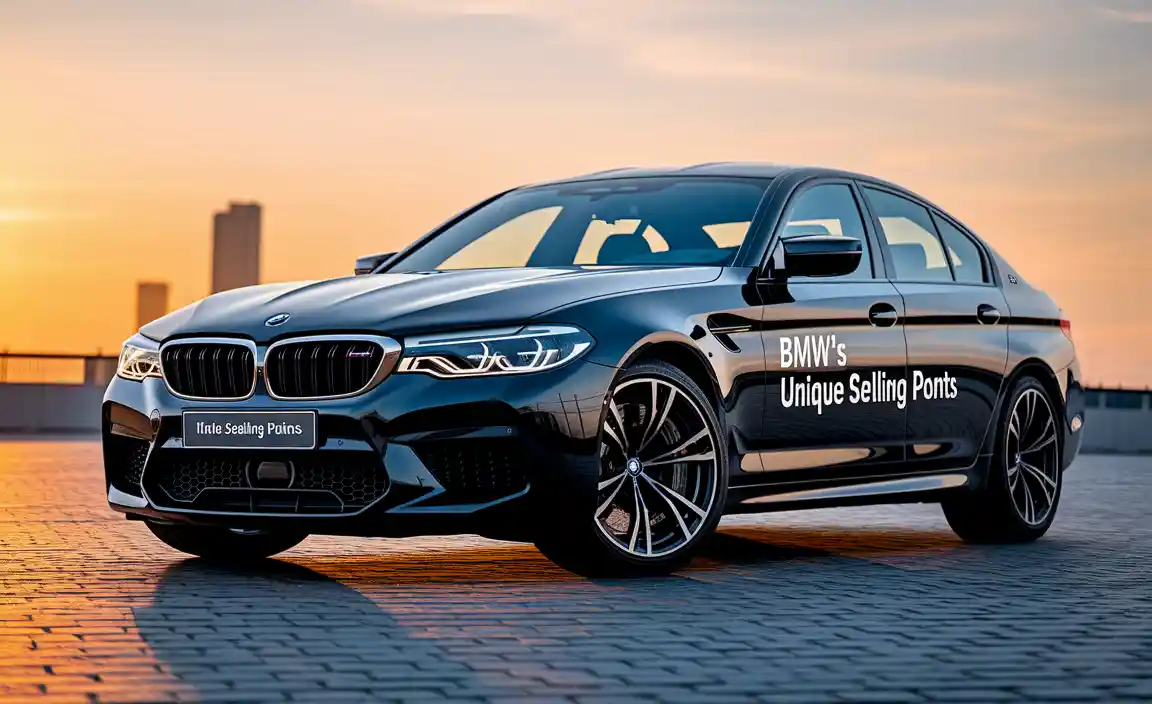
The premium compact MPV class may not grab headlines like flashy SUVs, but it’s a critical choice for practical-minded drivers who still crave refinement. Think families, commuters, or anyone who values a balance between comfort, cargo space, and sleek design.
Beyond the Mercedes-Benz B-Class and BMW 2 Series Active Tourer, a few other models try to play in this niche:
- The Ford C-Max offers decent value and space, but it lacks the premium polish and badge prestige.
- The Audi Q2, while not a true MPV, serves as a stylish compact crossover. It’s a little smaller, but appeals to similar buyers who want luxury in a smaller footprint.
- The Volvo V40 and Gran Tourer trims also provide family-friendly functionality, though most have moved away from MPV form in favor of crossovers.
- You’ll also see buyers comparing older petrol models like the Volkswagen Golf SV, especially for cost-conscious shoppers who prefer traditional setups.
Still, it’s Mercedes-Benz and BMW that dominate this space. Their strong dealer networks, proven car reviews, and highly visible brand badges—the three-pointed star or that bold kidney grille—carry real weight. Buyers trust the refinement, efficient engines, and long-term value these models provide. For many B-Class buyers, the decision comes down to one thing: daily practicality that still feels premium.
Latest Iterations And Consumer Trends
As the segment evolves, so do buyer expectations. Today’s shoppers are more informed and tech-savvy. They’re not just asking, “How much space is there?”—they want to know, “Does it have Android Auto? Can I get a plug-in? How low are the CO₂ emissions?”
BMW has kept pace. The latest 218d Active Tourer gets smart touches like an available four-wheel drive (xDrive) system, hybrid versions with electric drive, and performance-tweaked variants with adaptive suspension. It aims to feel youthful, sporty, and connected—all while keeping the running costs reasonable.
Mercedes-Benz, meanwhile, continues to refine the B-Class range. Recent updates focus on elegant styling (with tweaks to the wider grille and lighting), smoother tech integration, and enhanced safety—like the standard collision prevention assist and updated infotainment. The B-Class Electric Drive also laid early groundwork for Mercedes’ EV ambitions, showing its willingness to innovate early.
There’s also a clear shift in what drivers want. Features like electrically adjustable front seats, seamless device syncing, and autonomous braking have gone from optional to expected. Safety is no longer a luxury—it’s standard, especially for young families and everyday drivers who want peace of mind.
Which Provides Better Value?
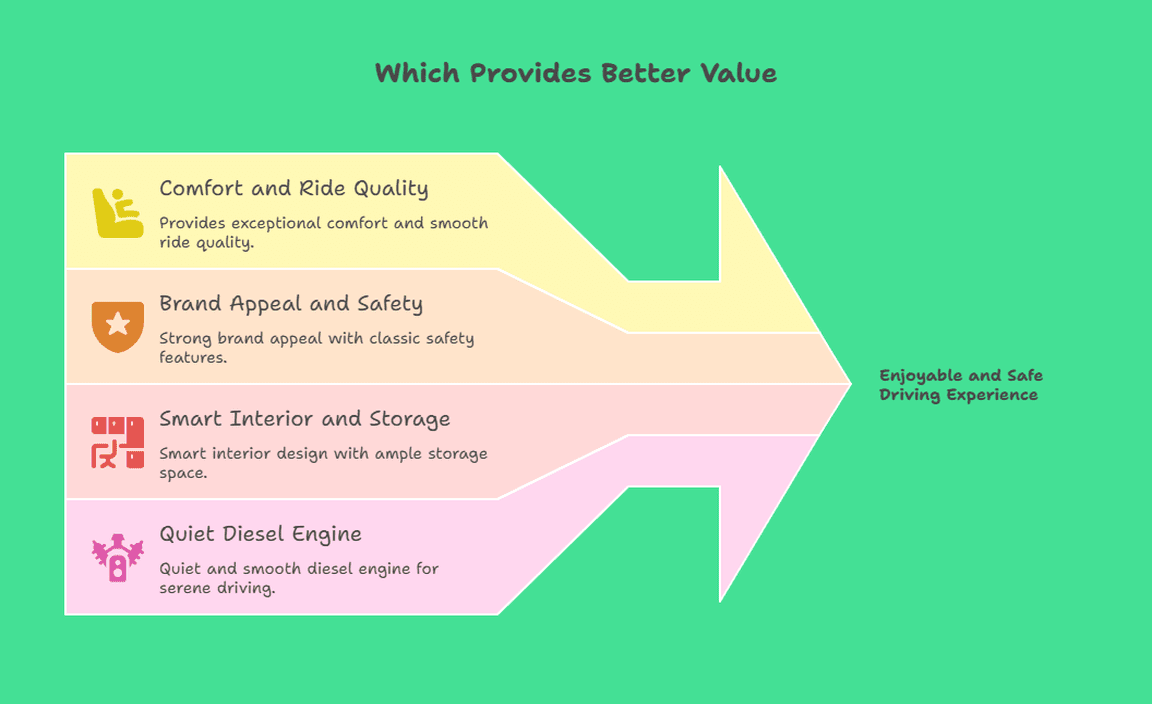
Advantages of Mercedes‑B 200 CDI
- Great comfort and ride quality
- Strong brand appeal and classic safety gear
- Smart interior touch-points and storage
- Quiet, smooth diesel engine
Advantages of BMW 218d Active Tourer
- Sportier ride and sharper handling
- Sport styling and agile feel
- Driver-centric interior and tech layout
- Nimble, lively city driving
Potential Drawbacks For Each Model
Mercedes might feel too soft or conservative for some. BMW may feel firm, less cushy for longer drives. Mercedes diesel fans worry about future restrictions. BMW drivetrain design may not be everyone’s favorite.
Considerations for Buyers: Aligning Preferences with Vehicle Choice
- Want softness and comfort? Choose Mercedes.
- Prefer active ride and looks? Pick BMW.
- Both are compact MPVs ideal for families and daily drives.
- Diesel engines give great efficiency and low CO2.
- Safety, space, and usability are winners in both cars.
Conclusion
Both cars shine in their own ways next to rivals like the Ford C-Max or Q2. If you want Mercedes refinement, comfort, and ease, go with the B 200 CDI. If you’re after sporty feel, sharper design, and dynamic drive, look at the BMW 218d Active Tourer. Really, it comes down to what you care about first: comfort or drive.
Overall, Mercedes gives comfort and ease. BMW gives fun and driver interaction. Price points are similar, but Mercedes offers slightly better running costs. BMW gives that sport-energy-boost for your money.
FAQs
1.Which Has Better Ride Quality?
The Mercedes‑B 200 CDI offers a softer, more cushioned ride, perfect for long journeys or daily comfort. In contrast, the BMW 218d Active Tourer delivers a firmer, more agile experience that feels sportier but slightly less relaxed.
2.Do Both Offer Collision Prevention Assist?
Yes, both vehicles come equipped with advanced safety tech like collision prevention assist and autonomous braking. These systems help detect potential impacts early and automatically apply brakes, offering added peace of mind for drivers and families.
3.Is There Much Rear Seat Space?
Both models provide generous rear seat space, with enough legroom and headroom for adult passengers or kids in car seats. They’re well-suited for family trips, daily school runs, or weekend drives with friends.
4.Which Is More Fuel‑Efficient?
Fuel efficiency is strong in both models thanks to their efficient engines, but the B-Class slightly edges ahead in real-world conditions. Its diesel tuning and lighter feel make it a bit thriftier on longer highway drives.
5.Which Brand Offers Better Running Costs?
The Mercedes-Benz B 200 CDI tends to offer slightly better running costs over time. Its softer driving style leads to less wear, and Mercedes-Benz financial services often include attractive service plans and repair offers.
6.Are Alloys And Tech Standard?
Yes, both vehicles include alloy wheels as standard, along with modern tech like Android Auto, cruise control, and touchscreen infotainment. These features come standard or are available on entry-level trims in most regions.
7.Which One Feels More Luxurious?
The Mercedes leans toward a traditional luxury vibe, with softer materials, cushier seats, and more ambient touches. The BMW feels cleaner, more minimal, and focused on the driver—sporty rather than plush, but still premium.
8.Do Either Cars Give Four‑Wheel‑Drive?
Only the BMW 218d Active Tourer offers an optional xDrive four‑wheel‑drive system for better grip and confidence in poor weather. The Mercedes B 200 CDI remains front-wheel-drive, more suited to everyday urban or highway use.